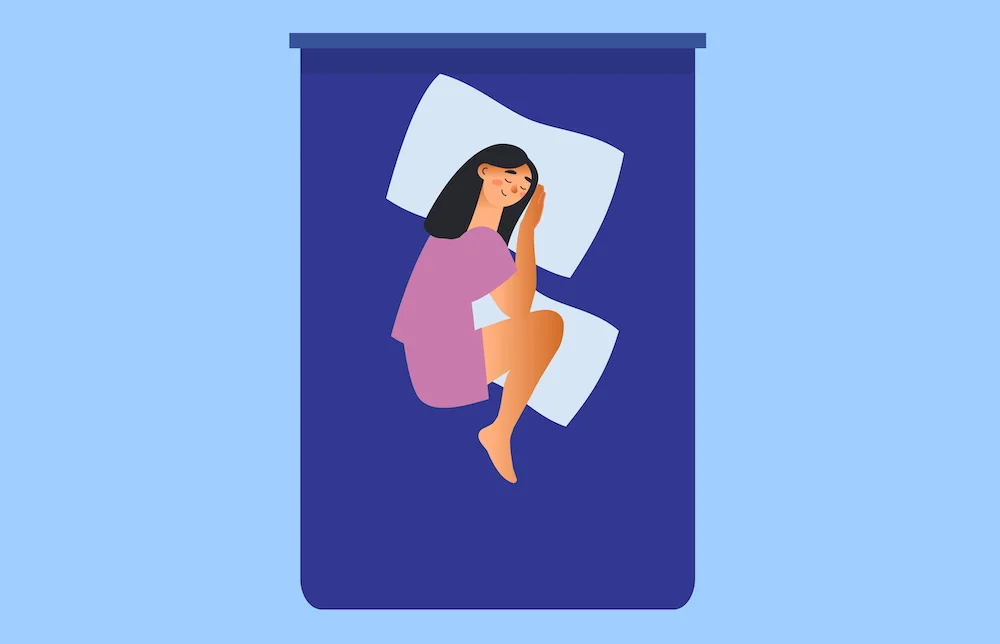
Getting enough quality sleep is essential for your health. Research shows that missing out on sleep can increase risks for cardiovascular disease, type 2 diabetes, asthma attacks, and cognitive decline. Research has now connected low bone density to the list of risks associated with sleep loss, making it even more crucial to get the recommended 7 to 8 hours each night.
Recent polling shows that only a quarter of adults sleep 8 hours or more and 20 percent get 5 hours or less. (1) What’s more, women who are at a much higher risk of developing osteoporosis tend to get less sleep than others. This is worth attention because bone mineral density peaks in your early to mid-20s and is a crucial aspect of your fracture risk later in life.
Sleep and Bone Density
Many people don’t realize how important sleep is for bone health, says Dr. Thomas Pontinen, MD, double board-certified anesthesiologist and interventional pain medicine specialist at Midwest Anesthesia and Pain Specialists.
During sleep, the body carries out essential functions for growth, development, and repair, and getting enough sleep at the right time of night is vital for many biological processes, including bone turnover.
Bone turnover is the process of replacing old bone tissue with new, stronger bone to maintain balance in the body and relies on your body’s internal clock, according to Dr. Pontinen. “Bone turnover markers in our blood increase at night, peak at dawn, decrease again throughout the day, and achieve their nadir (bottom levels) in the afternoon,” he says.
The Effects of Aging
“The risks for altered sleep patterns and development of osteoporosis both increase with age regardless of race and sex,” says Dr. Emma Laing, PhD, RDN, and director of dietetics at the University of Georgia.
Between the ages of 25 and 50, bone breakdown is balanced with bone formation, which helps maintain stable bone density. Once you reach 50, declining estrogen levels can weaken bones, and bone breakdown starts to outweigh bone formation, leading to bone loss or osteoporosis.
Age also impacts sleep quality. “As people age, their sleep patterns evolve — they sleep less, yet it takes more time to fall asleep, which is an additional risk factor in addition to other conditions and situations that could increase their risk of lower bone mass density,” explains Dr. Pontinen.
When bone density is low, there’s a higher risk of osteoporosis. This is when holes inside the bone widen and the outer walls of the bone (the cortex) thin, making the bone more fragile. Having osteoporosis puts you at much greater risk for fractures that can happen even with minimal to no trauma.
Falls are the primary cause of injuries and injury-related deaths in adults over 65 and cause approximately 300,000 hip fractures each year in the United States. (2) Hip fractures are the most serious of all osteoporotic fractures and can cause loss of mobility, independence, and even death.
The Research Connecting Sleep and Bone Density
At the University of Colorado Department of Medicine’s annual Research Day, Dr. Christine Swanson, MD, MCR, presented her National Institutes of Health-funded clinical research on the link between sleep and osteoporosis. (3)
Her research has investigated markers of bone turnover change in women with restricted sleep and disrupted circadian rhythms. Poor sleep led to lower markers of bone formation, especially in younger women. Moreover, a marker of bone resorption (bone breakdown) increased in young women. Over time, this pattern can lead to bone loss and reduced bone density.
Another study examined the effects of about three weeks of limited sleep and disrupted circadian rhythms on men. Levels of the bone formation marker P1NP dropped within ten days and stayed low, showing that even short periods of sleep restriction and circadian disruption can negatively impact bone health, leading to lower bone density over time.
Tips for Preventing Bone Loss
“What we eat and how we move can have a significant impact on both our sleep patterns and the health of our skeleton,” says Dr. Laing. She also recommends eating a variety of healthy foods that support ease of falling asleep, sleep and wake cycle regulation, and melatonin synthesis. Dr. Pontinen encourages healthy sleep hygiene and a welcoming bedroom environment. Here are their tips:
- Consume a diet rich in calcium, magnesium, potassium, vitamin D, omega-3 fatty acids, and protein to support both bone and sleep health.
- Get early morning sun exposure for a natural dose of Vitamin D and to regulate circadian rhythms for better sleep.
- Physical activity supports sleep and bone health. Add strength and balance training to your routine.
- Avoid alcohol, caffeine, and heavy meals, and minimize screen time before bed for better sleep.
- Support your circadian rhythm with a cool, dark, relaxing environment and a consistent sleep and wake routine.
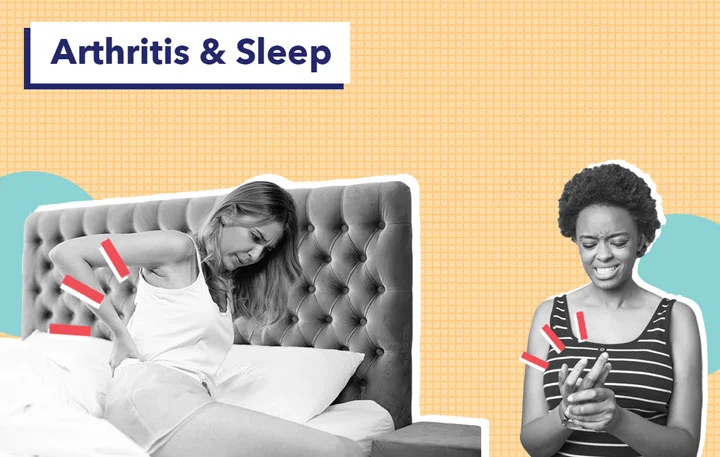
How to Sleep Better With Arthritis
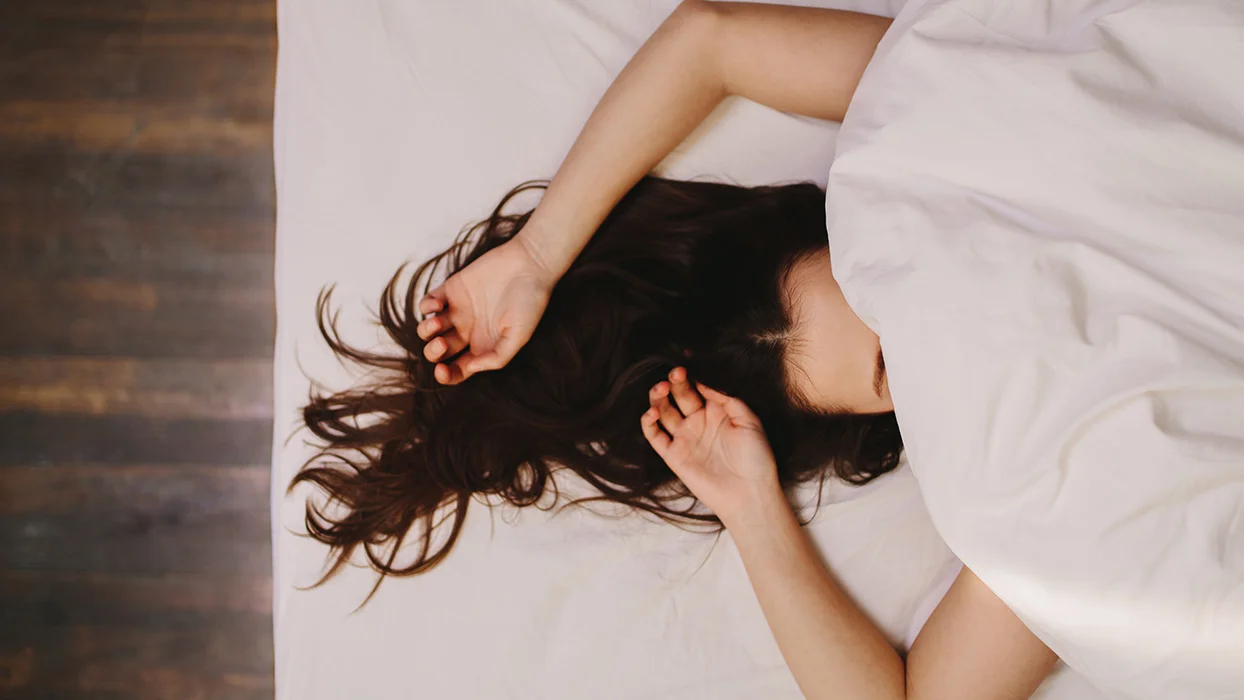
Is Magnesium the New Melatonin? Maybe Not, According to Experts
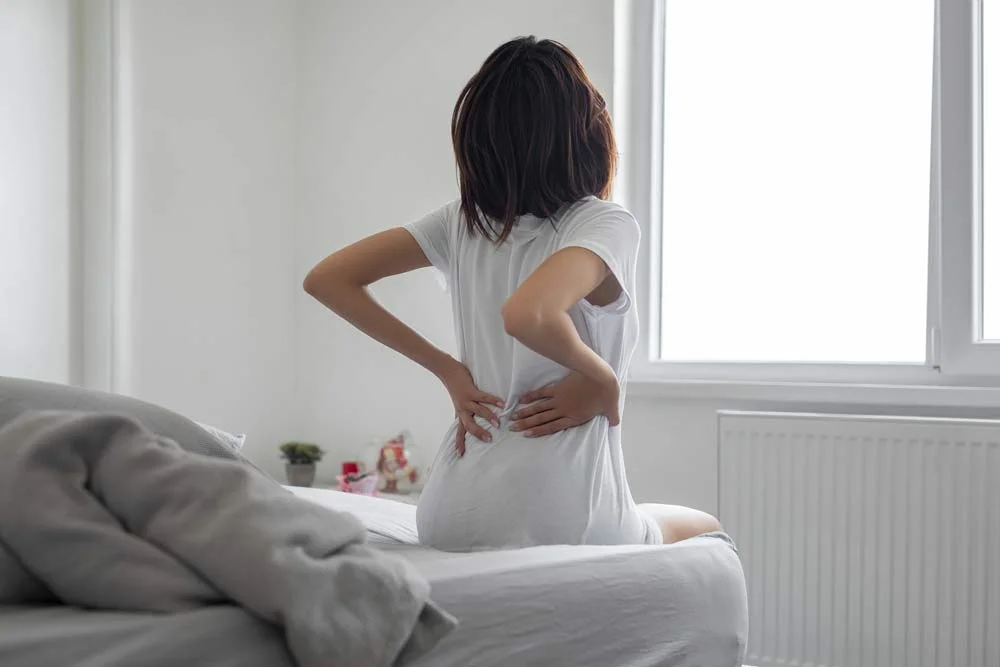
How To Sleep With Lower Back Pain
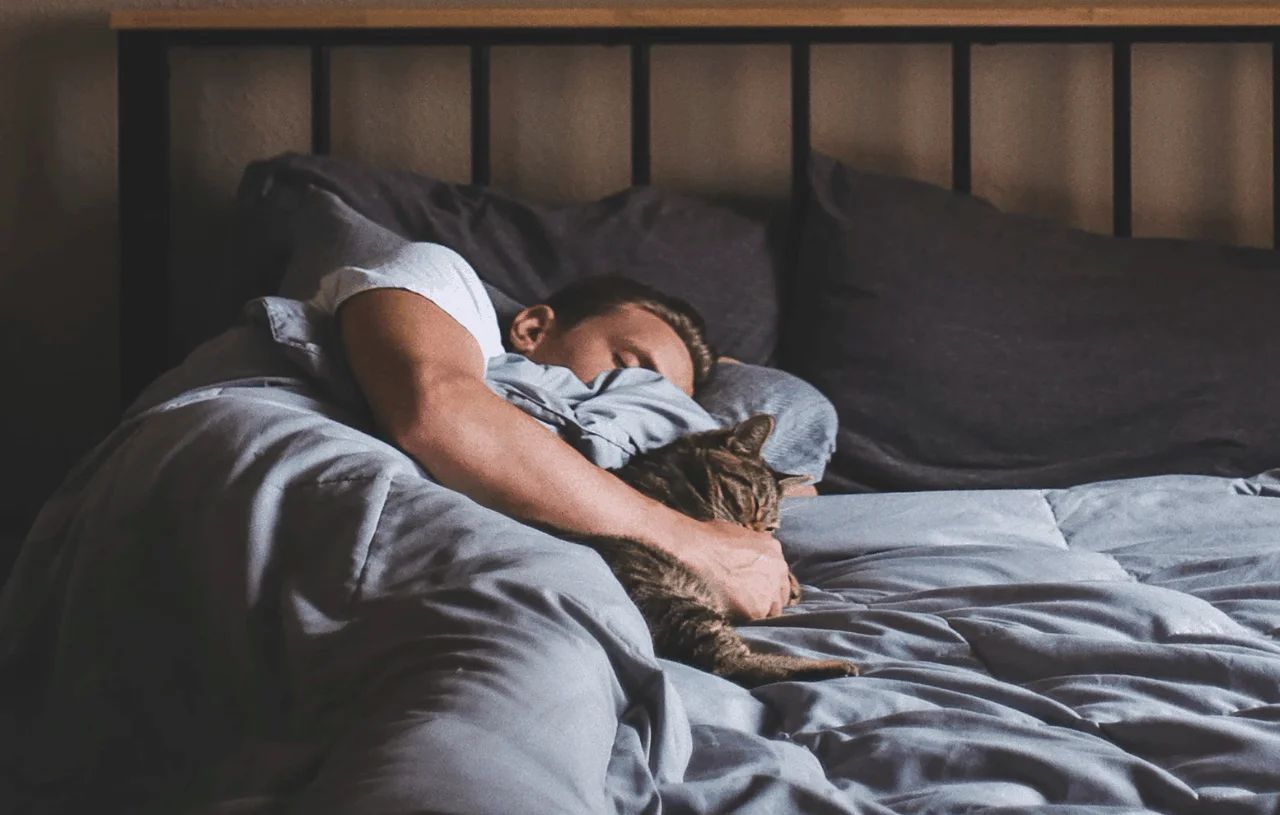
How Sleep Affects The Body
Sources
1. Fioroni, Sarah; Foy, Dan; “Americans Sleeping Less, More Stressed,” Gallup; https://news.gallup.com/poll/642704/americans-sleeping-less-stressed.aspx; April 15, 2024.
2. Burns, Elizabeth; “Deaths from Falls Among Persons Aged ≥65 Years — United States, 2007–2016,” CDC; https://www.cdc.gov/mmwr/volumes/67/wr/mm6718a1.htm?s_cid=mm6718a1_w; May 11, 2018.
3. Shaw, Tayler; “Could Getting Enough Sleep Help Prevent Osteoporosis?” University of Colorado; https://news.cuanschutz.edu/department-of-medicine/sleep-osteoporosis-bone-health-research; May 7, 2024.
Pontinen, Thomas. Author interview. May 2024.
Laing, Emma. Author interview. May 2024.


























